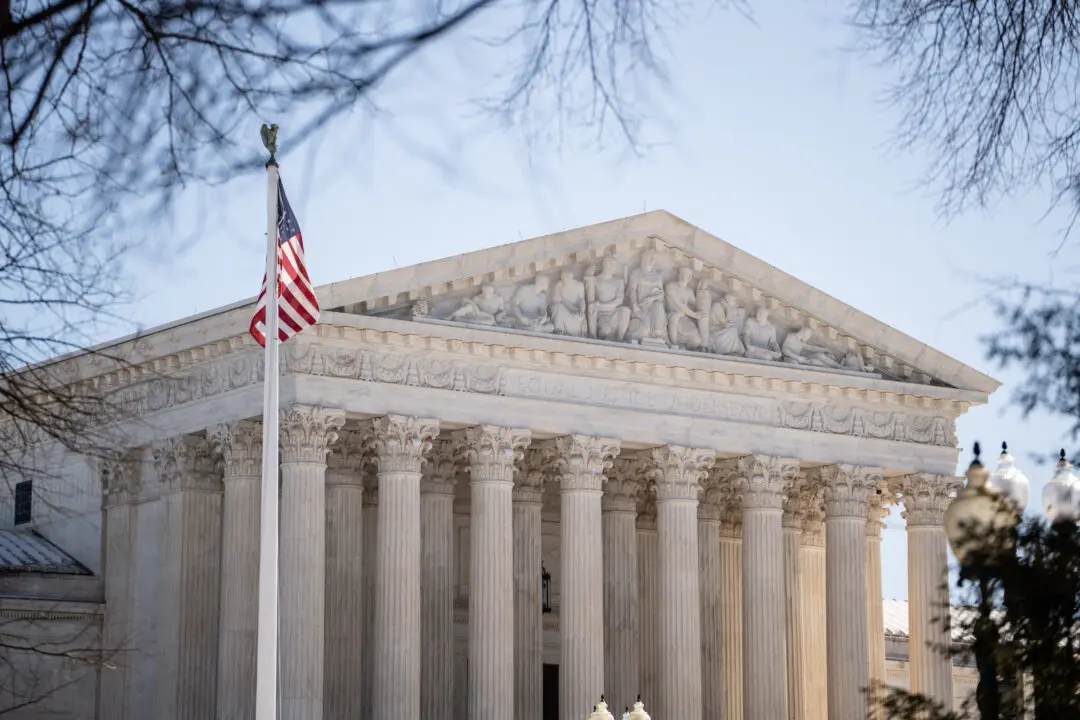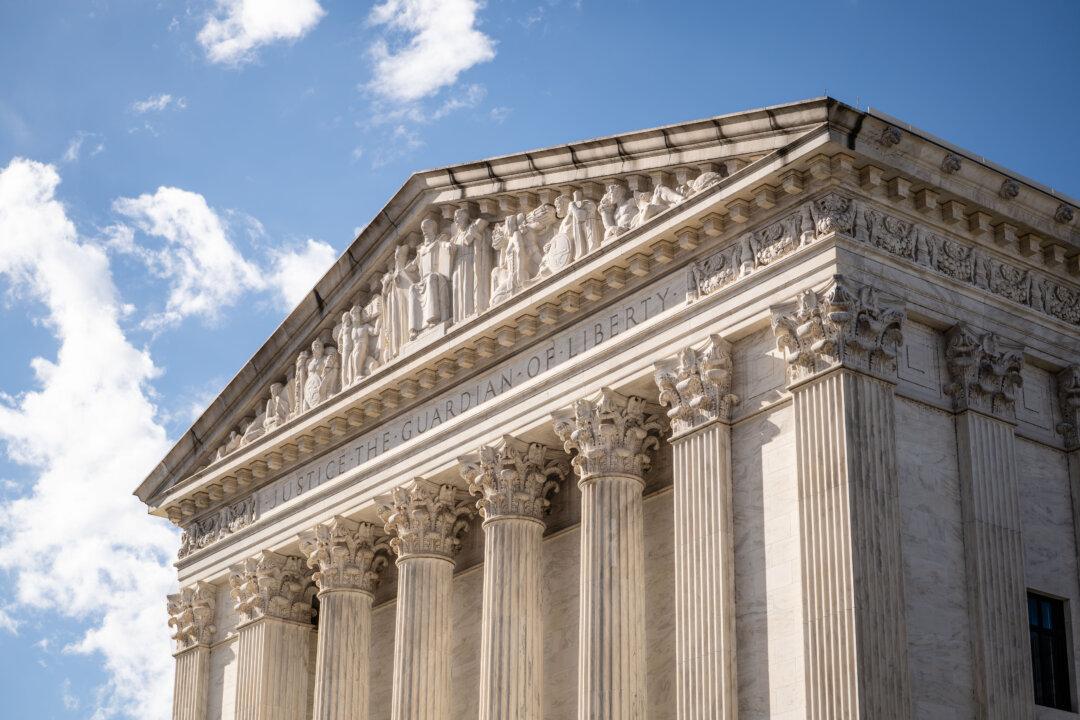U.S. District Judge Tanya Chutkan issued an order on Nov. 17 denying former President Donald Trump’s attempts to remove from his indictment certain statements related to the events of Jan. 6, 2021, at the U.S. Capitol.
President Trump’s legal team, she said, had failed to show that inclusion of the statements was “prejudicial,” as required by federal law.





